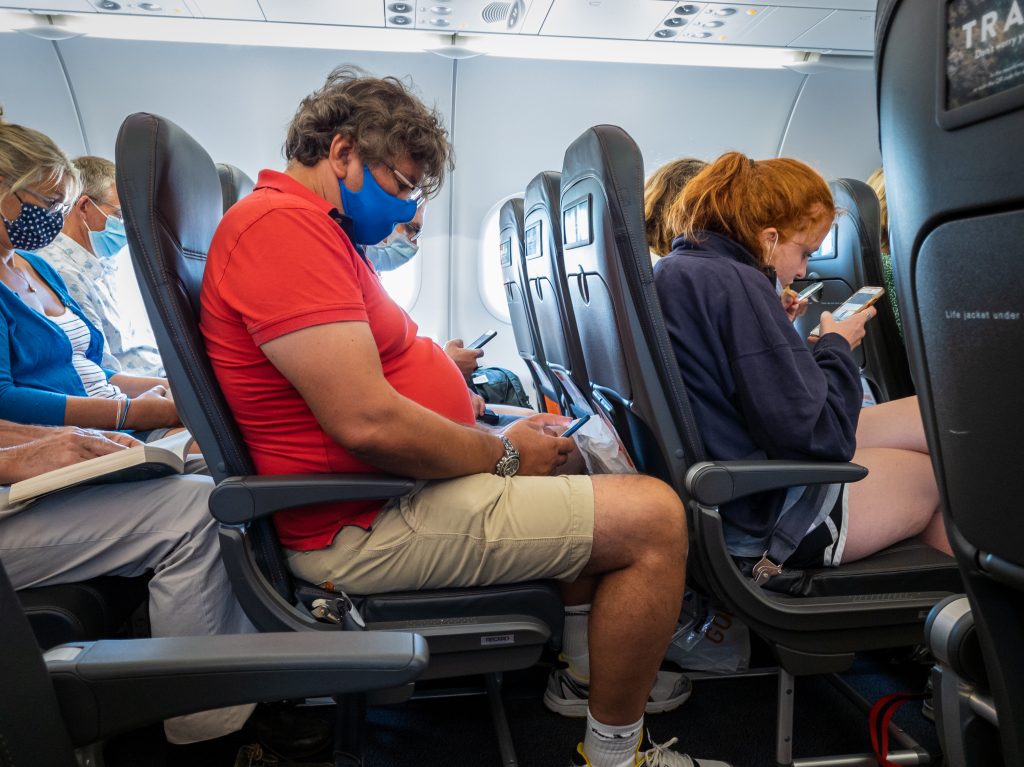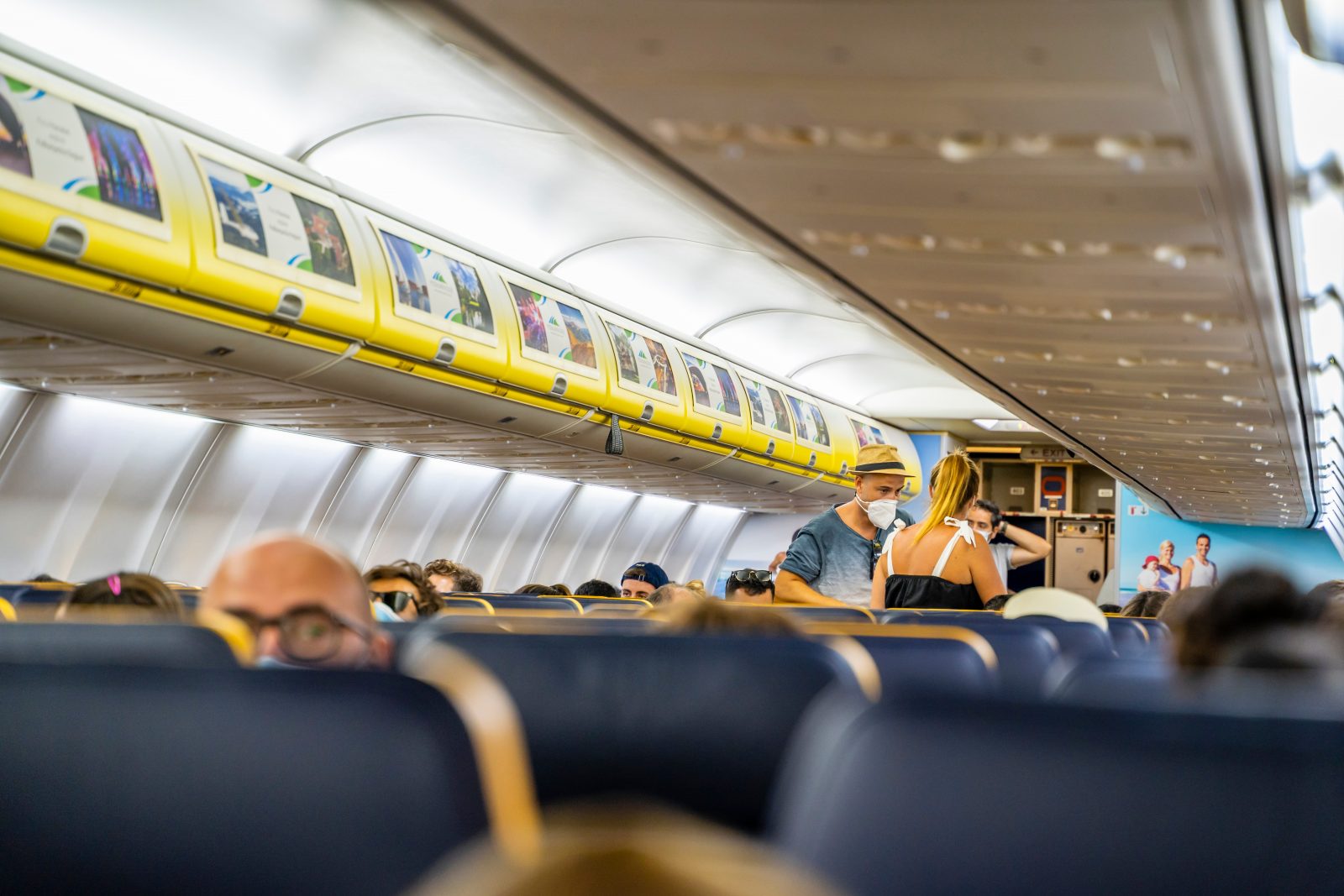Not one of the five largest airlines in the UK currently plan to ditch mandatory face mask rules on what has been dubbed Freedom Day when England is set to lift nearly all COVID-19 restrictions including social distancing, self-isolation and face mask mandates. Prime Minister Boris Johnson is set to approve the sweeping back of pandemic rules on July 19 although a final decision will be made next week.
In an address to the nation, Johnson told the British public that they should expect more COVID-19 deaths as a result of his decision to end COVID-19 controls but said the country should learn to live with the virus now that vaccines were available for the entire adult population.

Face masks will soon no longer be needed in busy public spaces like supermarkets, bars and cafes, although England’s chief medical officer Professor Chris Whitty said he would continue wearing a face mask in many places and urged the public to use consider using face masks as well.
Ignoring criticism from doctors groups and opposition MP’s, Johnson also confirmed that face masks would be optional on public transport including in airports and on passenger planes.
But on Monday night, some of the largest airlines in England either outright rejected the idea of making face masks optional or said they didn’t currently have any plans to change their face mask policies.
In the latter category was British Airways which said its current rules remained in place, although a spokesperson said the airline keeps its “policies under constant review”. A spokesperson for Virgin Atlantic, meanwhile, said the Crawley-based airline would carefully study the government’s announcement before making a decision either way.
“The health and safety of our customers and crew remains Virgin Atlantic’s number one priority, which is why we are carefully reviewing our policy in relation to face coverings on board our flights post 19th July,” the airline told us in an emailed statement.
“We’re committed to supporting our customers and crew and will ensure any changes to our policy are communicated accordingly. Currently, all customers and crew are required to wear their masks for the duration of the flight.”
Both easyJet and Ryanair, however, were quick to say they had no intention of lifting their face mask rules anytime soon. Airline sources said they introduced the rules long before the UK mandated masks on public transport and continued to take advice from industry organisations and their own health teams.
“We continue to be guided by our inhouse medical adviser and a number of key industry governing bodies that airlines follow including the WHO, ICAO (which provides guidance to the Civil Aviation Authorities), EASA, the European Centre for Disease Prevention and Control (ECDC) and Public Health authorities across Europe and at present their guidance around the wearing of masks onboard remains unchanged,” a spokesperson for easyJet explained.
“At present, there are no changes to easyJet’s onboard mask policy and we will continue to keep this under review,” the statement continued.
Leisure operator TUI also cited guidance provided by the European Air Safety Agency for its decision not to roll back face mask rules on July 19 when it will legally be allowed to do so.
Sources explained that airlines can’t simply lift their own face mask rules because one national government was rolling back pandemic restrictions. Working across multiple countries, airlines have to draw up policies that comply with local restrictions and rules meaning that face masks could be here to stay on planes for some time to come.
Photo Credit: Reinholds Nulle / Shutterstock.com
Related
Mateusz Maszczynski honed his skills as an international flight attendant at the most prominent airline in the Middle East and has been flying ever since... most recently for a well known European airline. Matt is passionate about the aviation industry and has become an expert in passenger experience and human-centric stories. Always keeping an ear close to the ground, Matt's industry insights, analysis and news coverage is frequently relied upon by some of the biggest names in journalism.








